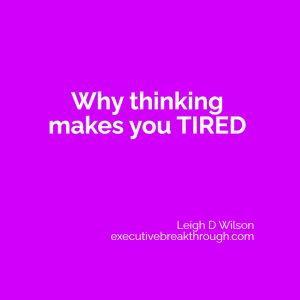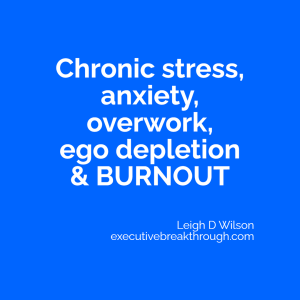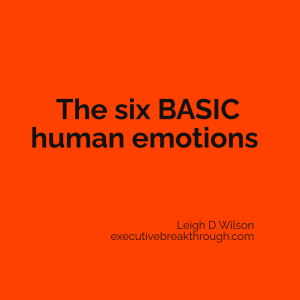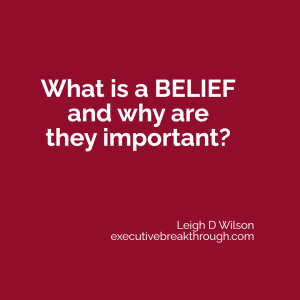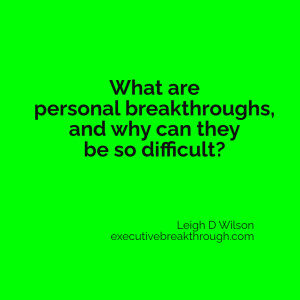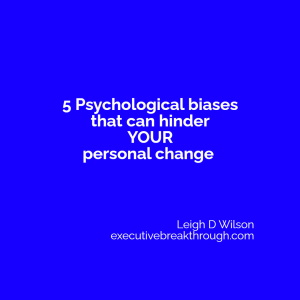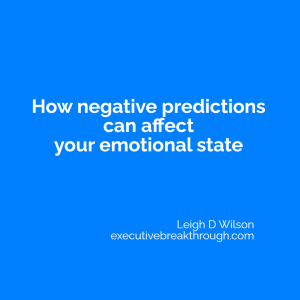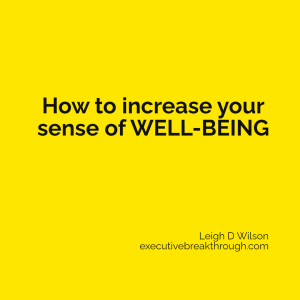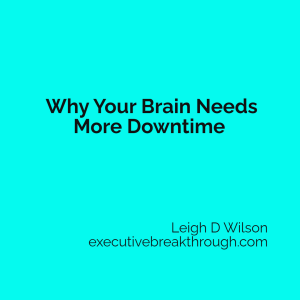Are You an Intuitive or Analytical Thinker?
People look at things in various ways and respond to situations differently too. Your way of thinking affects your attitude and decisions in life. How you perceive an event is usually more a factor than the event itself.
Do you use your intuition or do you tend to engage in a deeper thinking process before you make a decision?
You won’t really fall into only one category. Everyone is capable of thinking intuitively or analytically depending on situations. It’s just that you may come as naturally more intuitive or more analytical most of the time.
Understanding where you fit in the spectrum can help you make conscious efforts of integrating the type of thinker you tend to miss out on into your decision-making.
Intuitive Vs. Analytical: What’s the Difference?
Intuitive thinkers use their feelings when making a decision. They deal with situations based on their own experiences and often decide quickly based on what feels right to them at the moment. They may consider the different possible outcomes, but they rely mostly on their gut feelings.
The good thing about being intuitive is that you make efficient use of time and resources, and you can tackle complex matters easily, although sometimes superficially. However, you tend to be subjective. You must also have extensive experience to consider your intuition to be more dependable.
Analytical thinkers are more critical and evaluative. They have a formula of sorts that they follow when solving a problem. They tend to think and analyze things thoroughly, weighing the pros and cons, looking at different angles, and digging into details before coming up with a logical decision.
Analytical thinkers are objective. However, the structured approach can be counterintuitive and resource-intensive. You may procrastinate often and take time to make a decision.
How do you know if you tend to be an intuitive thinker rather than analytical and vice versa? Let’s get into specific characteristics.
Signs You’re an Intuitive Thinker
You consider the emotions of people around you and process everything deeply. It makes you considerate and empathic. However, it can also make you feel withdrawn, especially when other people’s feelings overwhelm you.
- You’re good at discerning people and situations.
You can size up people pretty well based on their nonverbal cues and body language. You’re observant and you can see through people. People resonate with you, but you also recognize the red flags.
- You feel a special connection with nature.
You feel like you get messages from the universe and all things you can’t see. You closely observe your surroundings and feel a special connection with nature. You can also recognize patterns that others don’t see and believe in coincidences and fateful encounters.
- You have self-awareness.
You’re aware of your feelings and you recognize that your intuition may not always be right. Yet you try to think about what your feelings are trying to tell you.
- You always think ahead.
You’re generally optimistic. You can foresee potential problems, but you’re able to process anything negative and rise above it. You trust that a good outcome can happen even when things look bad at the moment.
Signs You’re an Analytical Thinker
- You have lots of questions.
You have plenty of questions in mind and you interrogate the problems first before you come up with an answer. You break down the details. You’re a skeptic and curious. You’re intellectually sharp and a bit of a perfectionist.
- You value evidence.
You gather data and use it to make informed decisions. You focus on facts and you’re open to new perspectives other than yours as long as they’re supported with evidence.
- You test your own and other people’s hypotheses.
You have a healthy dose of skepticism so you actively and relentlessly test your hypotheses, as well as other people’s views.
- Challenges are thrilling for you.
You enjoy being challenged just so you can engage in a constructive debate. You know that getting out of your comfort zone and considering other people’s views can lead to innovation.
- You’re methodical.
You’re quite logical and methodical. You follow a step-by-step and linear way to arrive at a logical conclusion. Your approach makes it easier for you to dig into details and break down complex problems into manageable bits.
Finding the Balance
An intuitive thinker and an analytical thinker shouldn’t be considered as two different people. People need both characteristics to make better decisions in life. Understanding the type of thinker that’s more dominant in you can help you work consciously toward reaching the middle point. Striking a balance between intuition and analysis will result in a better approach for dealing with different situations.


